5 Linux malware families SMBs should protect themselves against
Malwarebytes
JUNE 8, 2022
There’s no shortage of reasons why an SMB might use Linux to run their business: There are plenty of distros to choose from, it’s (generally) free, and perhaps above all — it’s secure. But unfortunately, there’s more to Linux security than just leaning back in your chair and sipping piña coladas. Cloud Snooper. How it works.

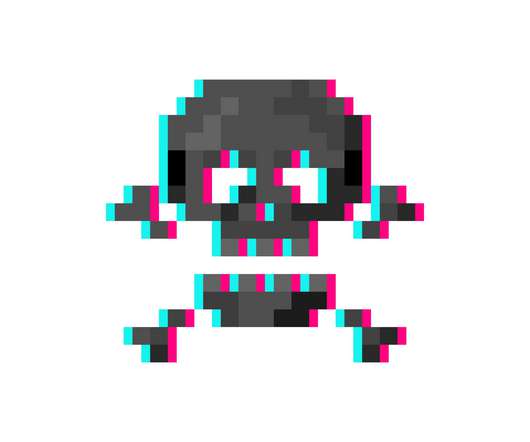
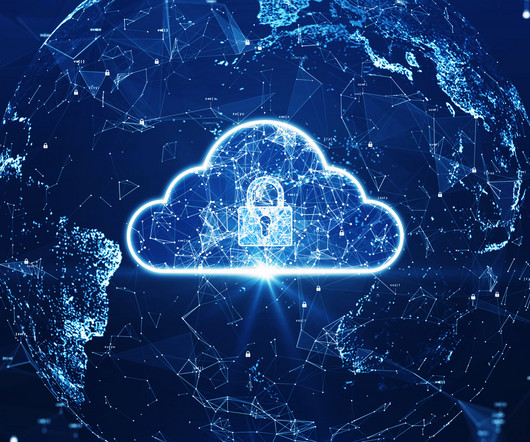
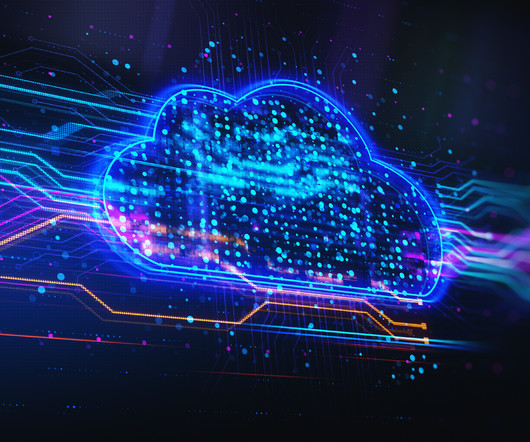
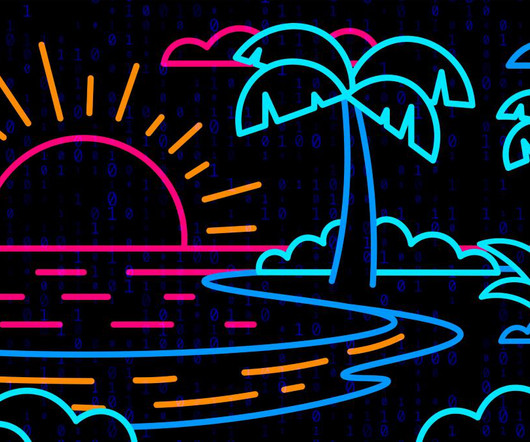
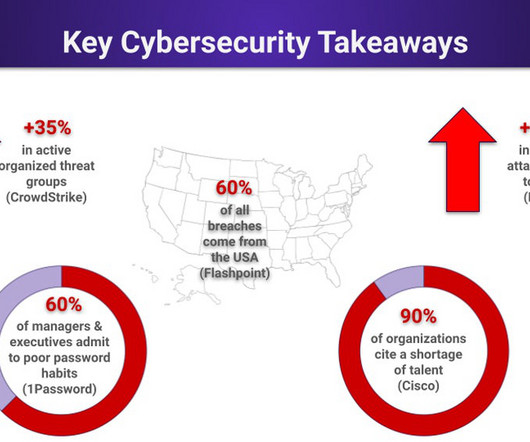






Let's personalize your content